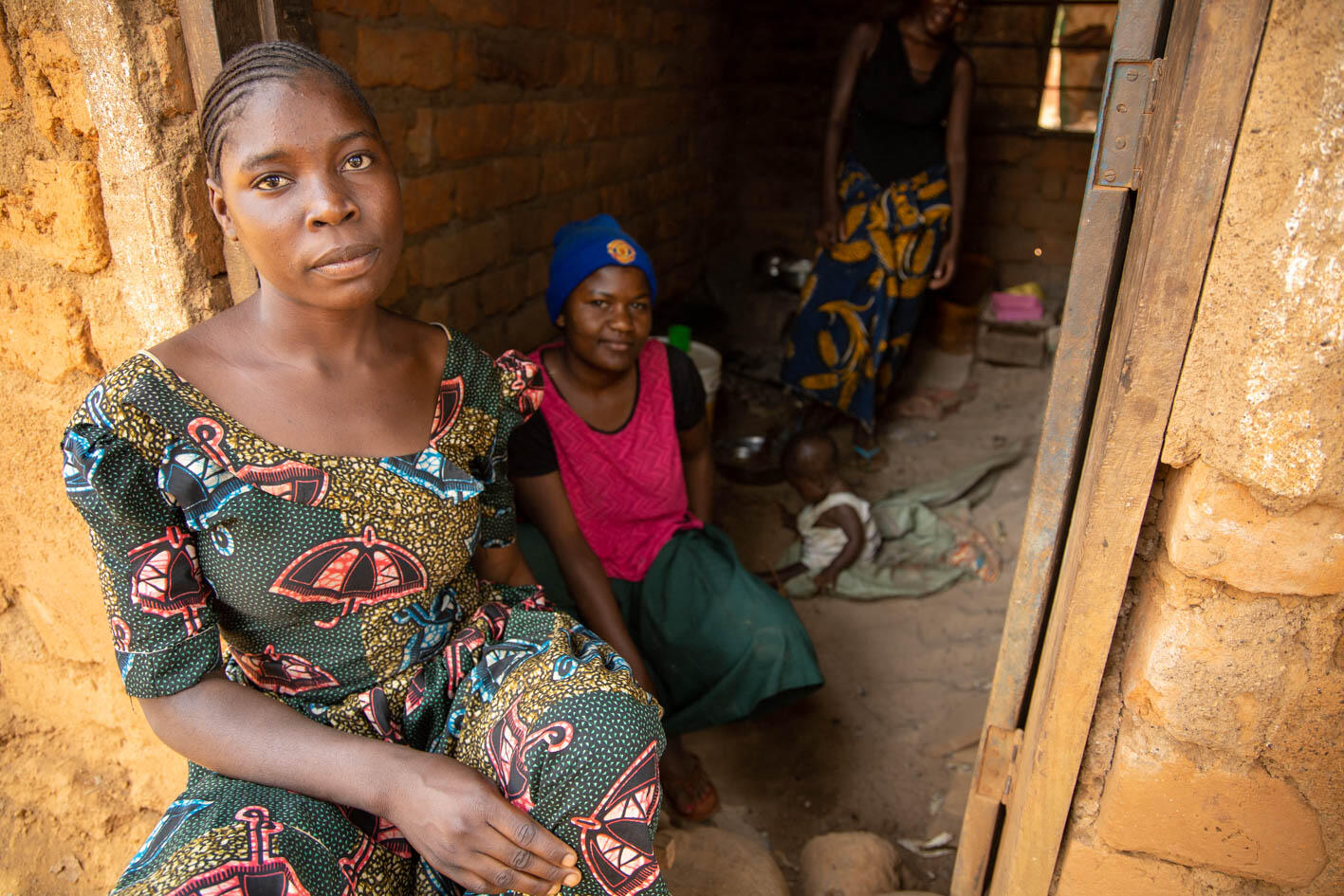UNITED NATIONS, New York – Officially, the COVID-19 pandemic has sickened 11 million people and left more than half a million dead. But the full toll of this catastrophe has been incalculably greater. Health systems have been overwhelmed. Economies have been shuttered. And women and girls have been disproportionately affected, with sexual and reproductive health services being curtailed and gender-based violence on the rise.
Today, 11 July, is World Population Day, a moment to raise awareness of the sexual and reproductive health needs of people around the world. This year, UNFPA is calling attention to the needs and vulnerabilities of women and girls amid the global pandemic, and the efforts needed to secure their health and human rights.
“No organization or country can do this alone,” said Dr. Natalia Kanem, UNFPA’s Executive Director, in a statement.
Heightened risks to women
Around the world, women face a variety of heightened risks due to the pandemic.
Front-line health workers – the majority of whom are women – face a direct risk of illness from COVID-19, for instance. But even women and girls outside the health sector can face risks. Those requiring sexual and reproductive health services can face anxiety about exposure to the virus while seeking care, or they may forgo care entirely. Other women are not able to receive care at all due to movement restrictions and curbed health services.
Many hospitals and health centres have reported a decline in the number of women and girls receiving critical sexual and reproductive health services, including antenatal services, safe delivery services and family planning care.
UNFPA and partners estimate that six months of significant health service disruptions could result in 47 million women in low- and middle-income countries going without contraceptives, leading to an additional 7 million unintended pregnancies. The number of maternal deaths is expected to increase.
UNFPA is working to sustain continued access to reproductive health services.
In Tanzania, this includes supporting efforts to ensure that young people’s needs are still met in the times of COVID-19. “We are now doing outreach with two to three people, but ensuring we keep at least one metre apart,” says Winfrida Charles, a peer educator in Busega District, Simiyu Region. Winfrida is an important bridge between the youth in her community – supporting them with the challenges they face around their sexual and reproductive health and rights – and the recently renovated adolescent and youth-friendly corner at Lukungu health facility, which has maintained services throughout the outbreak in Tanzania, albeit with infection prevention and control measures in place.
Gender-based violence
Rising household tensions, exacerbated by economic pressures and movement restrictions, are sparking violence around the world. Women sheltering at home with their abusers often have nowhere to turn. And new forms of violence may be increasing, including cyber violence.
UNFPA estimates that six months of lockdowns could lead to 31 million additional cases of gender-based violence, and an additional 15 million more cases for every three months the lockdown continues.
To make matters worse, access to shelters and in-person counselling has been limited by the pandemic. UNFPA and partners are working to continue services for survivors wherever possible, and to increase remote operations.
In Tanzania, UNFPA has been working with C-Sema – the operators of the toll-free National Child Helpline #116 – to ensure there continues to be a voice at the end of the line for young people at risk. “Throughout March and April we were getting an increased number of calls,” says Michael Marwa, Director of the National Child Helpline. “At the same time services on the ground, including gender-based violence prevention and response, were becoming scarcer. We needed more staff with specific skills to support and counsel callers.” Through UNFPA’s support nine additional staff were recruited to the helpline and all counsellors received training to support callers with their psychological and emotional well-being and signpost them to protection services as needed.
The world must redouble such efforts, Dr. Kanem said: “As the global community comes together in solidarity to survive this pandemic, we lay the foundation for more resilient, gender-equal societies and a healthier, more prosperous future for all.”


